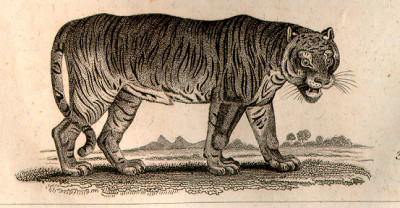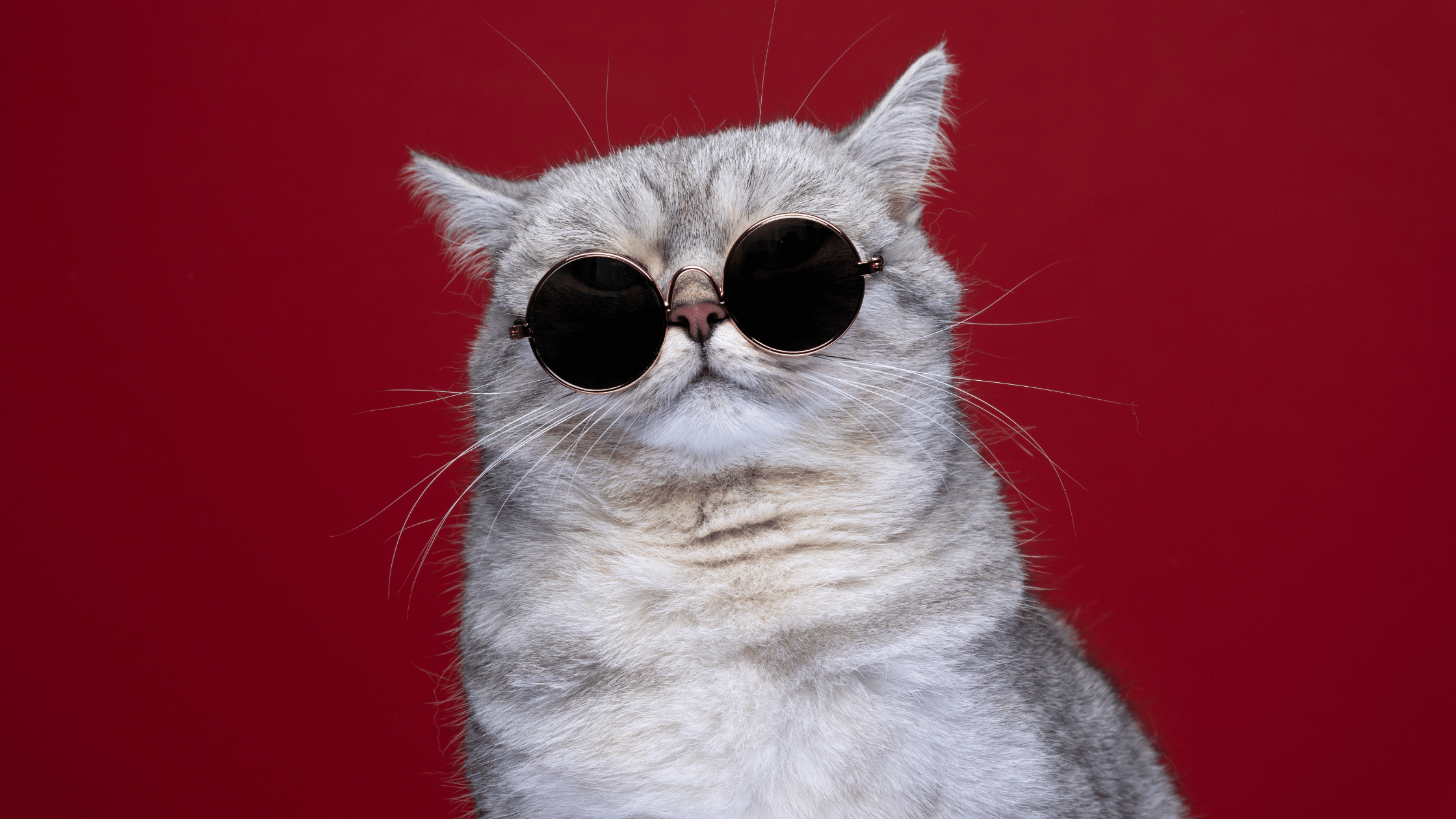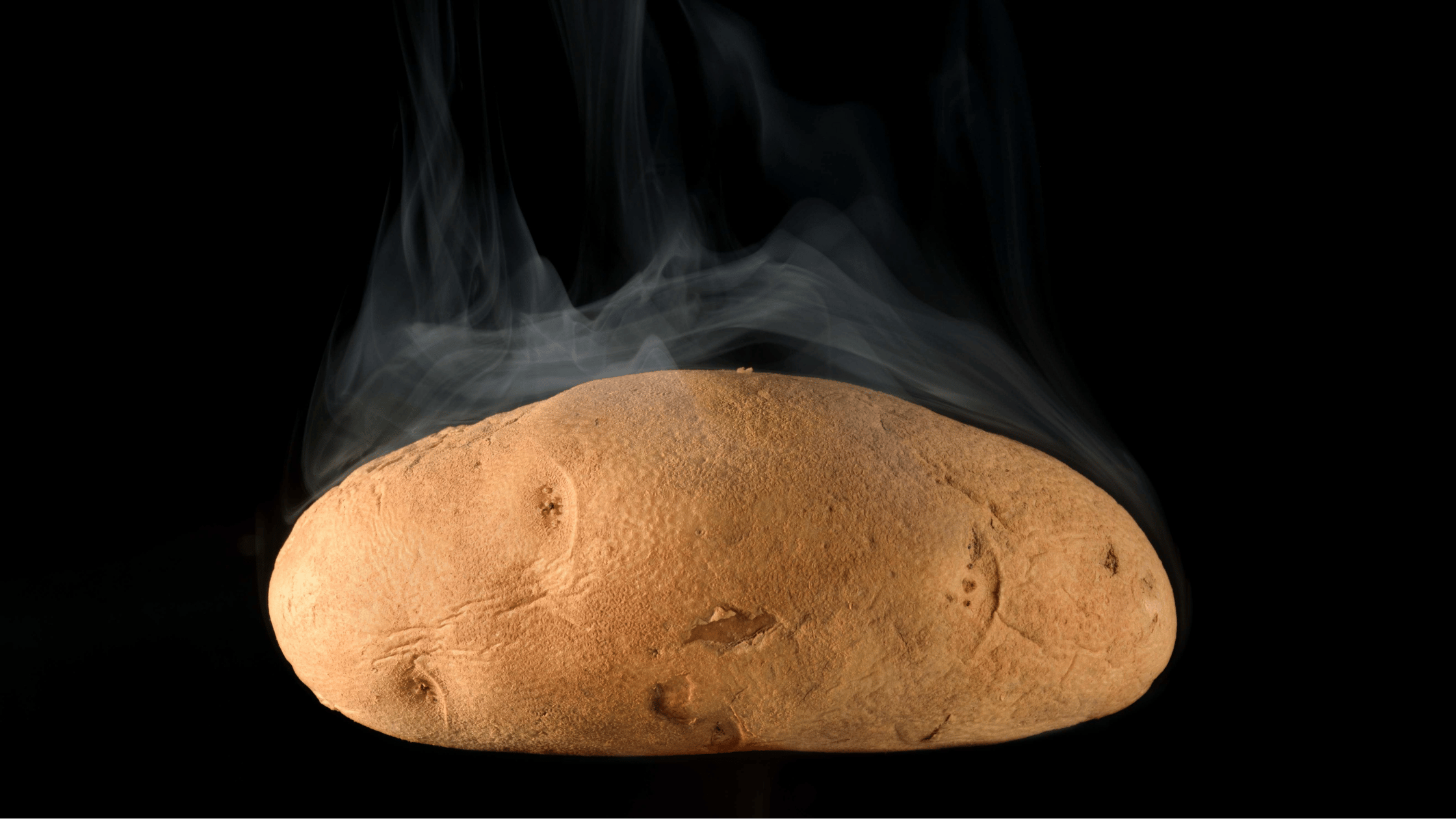SATs Companion’s Top 8 Children’s Poems!
From the nonsensical to the romantic, we love poetry because it covers all bases about humanity. It does not always have to be sad or say something romantic, but it tends to help if it does! We understand that poetry is a personal thing and one person’s trash is another person’s treasure. For World Poetry Day, SATs Companion has had a long, hard think about our favourite poems and dug up eight poetic treasures for your reading pleasures!

Why is The Tyger our favourite poem?
At SATs Companion, we love The Tyger by William Blake because it raises questions for us to think about. The accompanying poem to The Tyger called The Lamb explores the contrast between the two animals. Does the different language used to describe the tiger (fearful, dread, terrors) and the lamb (meek, child, bright) demonstrate differences in both creatures’ life experiences? This is a great starting point for discussion within the classroom. What do you think? We would love to know your thoughts!
2. The Naming of Cats by T.S. Ellot

Why do we like The Naming of Cats?
Most of us have pets at SATs Companion, and we know the struggle of naming our fuzzy, furry friends. We sometimes wonder what those close to us make of them so we can relate to the narrator’s dilemma. It is a struggle all pet owners face. T.S. Eliot chooses both quirky and humorous names throughout, but what stops a cat from being called Mimi, Samosa and Reginald all at once? Nothing. What have you named your cats? We would love to know!

Why do we like the poem Comet?
At SATs Companion, we love Comet because it is rhythmically challenging. It brings mouths and vocal cords to a standstill into shocks and splutters with just how much alliteration there is to trip us up when reading it. It’s a dynamic poem full of sounds and swirling imagery that rhymes well and is a constantly fun read. No wonder Kate Wakeling won the Centre for Literacy in Primary Poetry Award (CLIPPA) in 2017 for her debut poetry book, Moon Juice. Get your class to read Comet and give the fastest reader of the poem in as few breaths as possible a prize.
4. Pencil Me In by Benjamin Zephaniah

Why do we like the poem Pencil Me In?
Whilst I am sure most of us have moved onto laptops to write poetry, Mr Benjamin Zephaniah cannot help but rely on his old pencil! The beautiful imagery captures the poet’s intimate relationship with the pencil and shows us that it’s not just used to write poetry; instead, it is an extension of his being. The pencil-poet relationship starts at birth and can last a lifetime. Remember this before you think about chewing your pencil in class. Ask your classroom whether they prefer writing poetry with a pencil or laptop.

Why do we like Hot Food?
At SATs Companion, we like Hot Food because it is *WHOIP* *click* Noice! Also, it summarises a typical family dinner without going into dramatics. It presents a relatable scenario on the poetic plate for readers to dig in. The mix of Rosen’s strange sounds and slow rasp when reading builds suspense throughout as each relative’s same eating habit is exposed until we get to the father’s, and he pays for the error of his ways! Is it any wonder it has millions of views on YouTube and is a meme? Bring in some hot food to accompany the poem and see whether blowing food works for more than just a potato.
6. The Parent and Child Quadrille by Michaela Morgan
Why do we like The Parent and Child Quadrille?

The rhythm works perfectly in recreating the call-and-response type of relationship a parent often has with their child by comparing it to a dance (the quadrille). How a person enters into the fold of a dance; a child is brought into the fold of a telling-off by being forcefully asked ‘could you’ do something by the parent repetitively. After reading The Parent and Child Quadrille, ask your students whether the poem is like a telling-off.
7. My Face is a Map by Jackie Kay

Why do we like My Face is a Map?
We feel the poem’s positive message about acceptance is one we can all resonate with. There will always be people out there who make looks the most important thing and will poke fun at those who look different. It is one of the silliest things you can do! In this case, the person taunted for their looks is a young girl because of a birthmark on her face that just so happens to look like Australia. The narrator feels the birthmark is a good thing that makes her who she is and something of disgust for others throughout. Thankfully, she does not let others phase her; nor change her face to impress! Have an open discussion with your class about whether they have had to change something to impress people and what it was.
8. Doing Nothing by Laura Mucha

Why do we like Doing Nothing?
We are big fans of mindfulness here at SATs Companion! However, it is sometimes hard for us to achieve it. There are days when we want to scream at the world, but we simply cannot. Doing Nothing reminds us to breathe in, breathe out, relax and switch our minds off for a second so we can think clearly to deliver the best solutions in helping you with your SATs and make your teacher’s life easier. You can thank us later!
Undoubtedly, the world would be a less expressive place without poetry. Nearly all forms of music would not exist, and your English classes would be much duller! What are your favourite poems, and tell us why you love them? Comment below or message us on SATs Companion’s X account!


